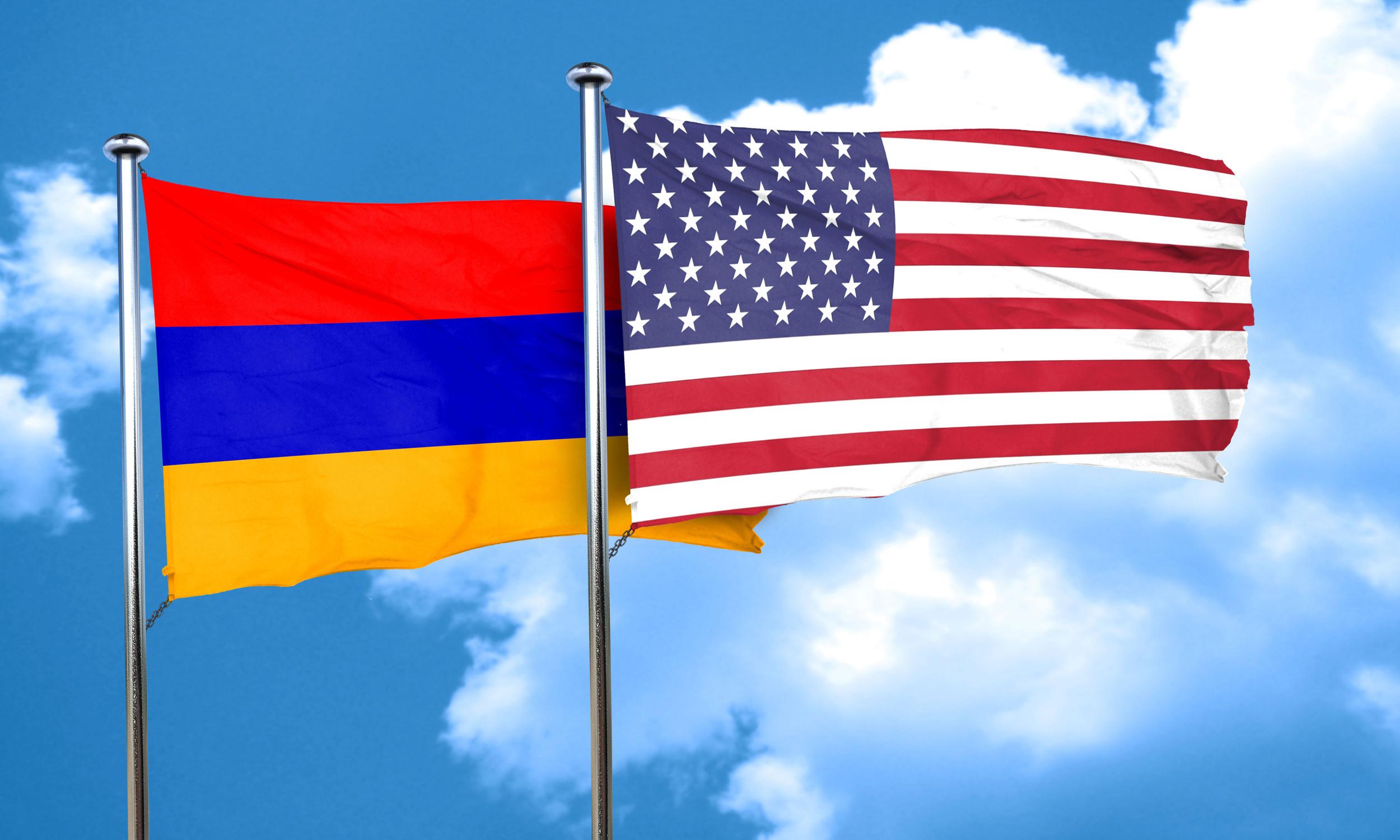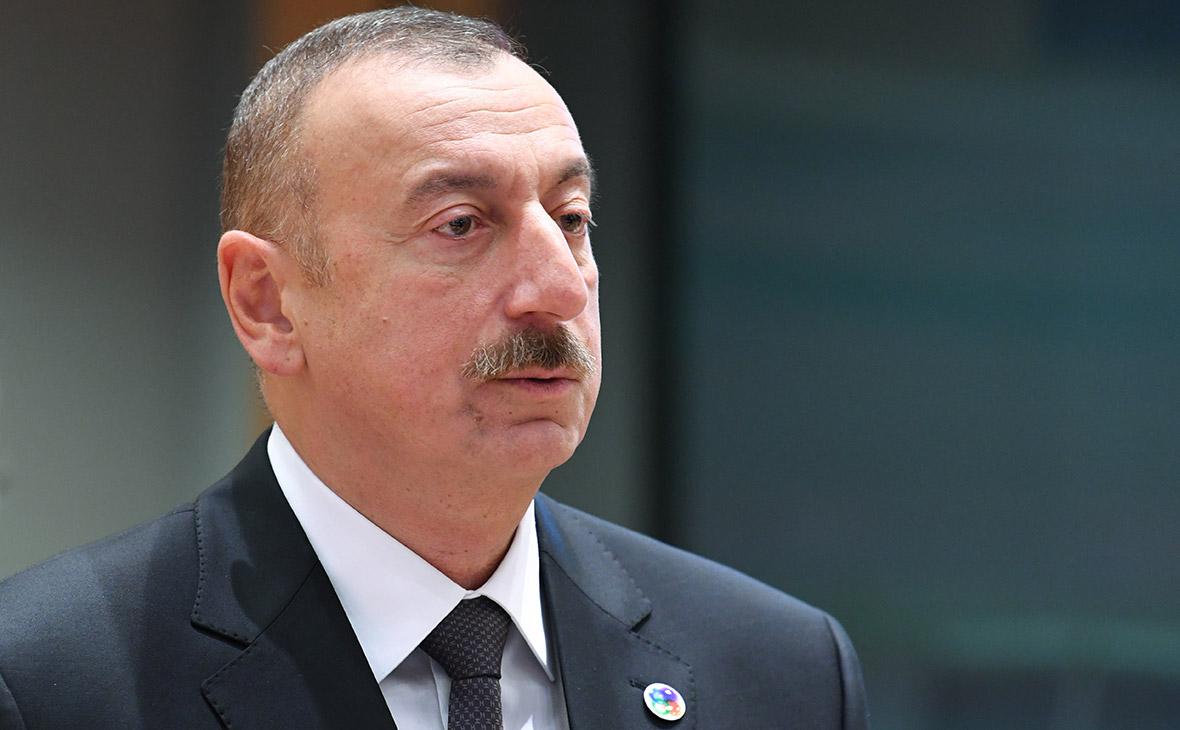Armenia’s military build-up & western alignments risk renewed conflict Baku warns Yerevan
Recent developments in Armenia, driven by a strengthening pro-Western agenda amidst French and US activism, could seriously impact the Armenian-Azerbaijani settlement. During Defense Minister Suren Papikyan's visit to Paris, Armenia signed a contract for the supply of French CAESAR self-propelled artillery units, purchasing 36 units of 155mm howitzers from France to be delivered within 15 months. This action suggests that despite declarations of readiness for peace, Armenia is actively preparing for war by acquiring offensive weapons.
US Undersecretary of State for European and Eurasian Affairs James O'Brien's visit to Yerevan resulted in an agreement to upgrade the US-Armenia strategic dialogue to the Strategic Partnership Commission. The US plans to provide Armenia with funds under the Foreign Military Financing (FMF) program to facilitate access to advanced military equipment and technologies, raising doubts about Washington's sincerity regarding peace in the region. Through the FMF program, the US aims to enhance Armenia's access to modern military technologies, including the widespread use of GPS technology.

The West's strategy appears aimed at preventing the normalization of Armenian-Azerbaijani relations, which have seen progress through direct negotiations without mediators. Positive results, such as the beginning of border demarcation and delimitation and the transfer of four villages in Gazakh District to Azerbaijan, are not in the interests of the US and France, as peace could undermine their ambitions in the South Caucasus.
Increased shelling of Azerbaijani positions by Armenian forces suggests Western incitement of Yerevan to new provocations. Armenia’s leadership, influenced by its Western patrons, demonstrates weak political will, potentially leading to a new destructive war, with Yerevan at risk of another defeat. Azerbaijan remains committed to peace, having restored its territorial integrity and sovereignty by liberating Karabakh. President Ilham Aliyev has repeatedly affirmed Azerbaijan's readiness to defend its national interests. He warned, "If we see the slightest threat to our security, this threat will be immediately destroyed wherever it is."

Aliyev reiterated this stance during a recent meeting in Shusha, emphasizing Azerbaijan’s policy is based on international law and justice. He cautioned, "If we see Armenia receiving lethal weapons from France and this armament has reached a critical level, let no one take offense at us. Everyone knows what our army is capable of and how firm our will is."
These statements address not only Armenia and France but also other countries interested in regional destabilization, including India, which is actively arming Armenia. Yerevan recently signed a contract with New Delhi for about $245 million, including PINAKA MLRS, anti-tank missile systems, and ammunition. Armenia received the first batch of Indian towed artillery systems (ATAGS) in August 2023, with another 84 howitzers worth $155.5 million to be delivered. Armenia also expects Indian AKASH air defense systems worth up to $720 million and plans to purchase TAPAS-BH-201 (Rustom-II) attack drones.
Yerevan’s extensive military acquisitions indicate an ongoing desire for revenge, buoyed by Western promises and support regarding the "return" of Karabakh. This stance, confirmed by Armenia's refusal to revise its constitution, indicates continued territorial claims against Azerbaijan and Turkey. Consequently, Armenia is stepping on old rakes, setting itself up for new upheavals likely to be tragic. Yerevan is inching closer to a Third Karabakh War, disregarding the lessons from the bitter experience of 2020. Baku has made its position clear.








